Grants Process
Grant Areas
Our goal is to advance equity and quality in Denver’s public education system. We do that by supporting a thriving autonomous school sector that places communities at the center.
COMMUNITY-DRIVEN CHANGE
Activating and equipping communities to push for schools that meet their needs
For this area, we focus on supporting:
- Grassroots organizations that work with students, families or community members to navigate and/or change our public education system to meet their needs
- Grasstops organizations that support grassroots leaders and/or facilitate systems level collaboration with community voice and leadership at the center
- Research entities that clarify community needs in public education and the current state of quality and equity in Denver’s public schools
- Entities that help schools build their capacity to be responsive to the voice and needs of their communities
NEW COMMUNITY-DRIVEN SCHOOLS
Launching new autonomous schools that are designed and led by local communities
For this area, we focus on supporting:
- New schools with fundamentally community-centered models and a plan to launch within the next two years
- Incubators/residencies for new community-driven schools
SCHOOL QUALITY AND EQUITY
Supporting quality and equity in autonomous school leadership, academics and operations
For this area, we focus on supporting:
- Schools looking to build capacity in the areas of board diversity and quality, diverse and representative talent, academics or finance/operations
- Entities that help schools build their capacity in board diversity and quality, diverse and representative talent, academics or finance/operations
- Talent organizations working to increase the number of effective, diverse and representative leaders across the autonomous school sector
SCHOOL EXPANSION
Expanding high quality autonomous options that meet community-defined needs
For this area, we focus on supporting:
- Existing schools and networks with strong academic programs and a plan to expand with community needs at the center
- New zones with fundamentally community-centered models and a plan to launch within the next two years
Grant Process
These are the stages of our grant process:
Stage 1: Initial Inquiry
If you have not met us before, the first step of the process is to reach out via our Initial Inquiry form. This will give us a quick sense of who your organization is and the work you’d like funding for.
Stage 2: Meet Us
If your work falls within our grant areas, we’d like to meet you and better understand your goals (as well as share a little more about us).
Stage 3: LOI & Grant Application
Then, if we see a potential fit, we’ll invite you to apply for funding. There are two stages for this: the Letter of Intent (LOI), and the grant application. We will offer support and feedback as you prepare your information for team and board review.
Stage 4: Team Evaluation
After the grant application is submitted, your materials are reviewed by our team. The primary person you’ve worked with will complete a full evaluation, and the other RootED partners will complete a secondary review.
Stage 5: Board Decision
Once the team has completed its evaluation and recommended the grant for approval, we will present the recommendation to our board and notify you of the final decision.
If your grant is approved, we will work together to draft a grant agreement and ask for your signature and a few follow-up forms to finalize the agreement.
Stage 6: Reporting
We ask all grantees to complete a midterm report midway through your grant term, a final report at the end of the grant term, and a one year follow-up report. The reporting content and due dates are discussed and finalized at the grant agreement stage.
These reports are meant to capture the impact and valuable learnings coming out of the work of the grant, and our hope is that they also provide an opportunity for reflection and thought partnership with our team in ways that are meaningful to your work.
Timing: We accept grant submissions on a rolling basis. Decisions are made at quarterly board meetings in June, September, December and February/March. In order to be added to the board approval list, grants must be approved internally by the team at least two weeks prior to the board meeting.
We have two busy seasons for grant reviews: one in the fall/winter months (November-March) and one in the spring/summer months (April-June). Our spring/summer cycle tends to focus on school-related grants for the upcoming school year.
